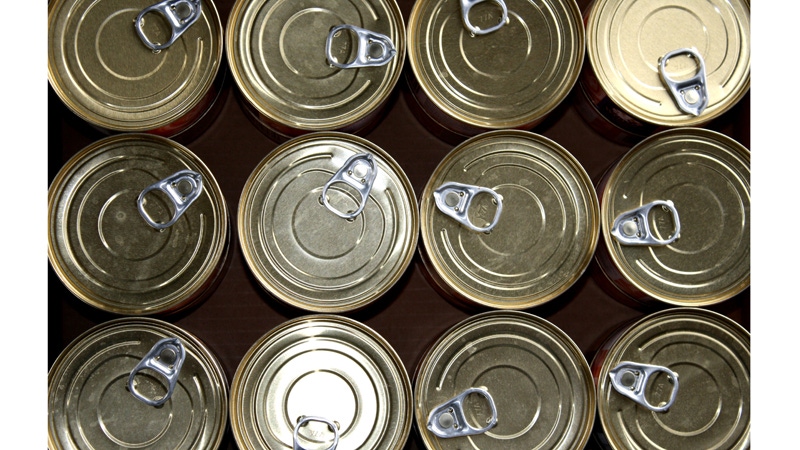FDA says BPA is safe, new study says otherwise
December 17, 2014

Earlier this year, the U.S. Food and Drug Administration (FDA) released its 2014 safety assessment for the chemical Bisphenol A (BPA) citing that it is safe at current levels of exposure from food contact uses.
“As is the case when foods are in direct contact with any packaging material, small, measurable amounts of the packaging materials may migrate into food and can be consumed with it. As part of its premarket review of food packaging materials, FDA’s food contact regulations and food contact notification program assesses the likely migration from the packaging material to assure that any migration to food occurs at safe levels,” states the FDA.
In the fall of 2014, FDA experts from across the agency, specializing in toxicology, analytical chemistry, endocrinology, epidemiology, and other fields, completed a four-year review of more than 300 scientific studies. The FDA review has not found any information in the evaluated studies to prompt a revision of FDA’s safety assessment of BPA in food packaging at this time.
Pleased to receive the news is The North American Metal Packaging Alliance Inc. (NAMPA).
“The comprehensive review by FDA scientists should dispel any concerns regarding the safe use of BPA epoxy resins in canned food,” says Dr. John M. Rost, who chairs NAMPA. “Agency researchers could not have been more clear or definitive in their conclusion that an adequate margin of safety exists for BPA.”
However, a Korean study published in the American Heart Association Journal claims that BPA in cans is linked to raising one’s blood pressure when consumed.
The study tested urine and blood pressure levels shortly after two groups of women drank soy milk, one group from glass bottles and the other from cans with BPA linings.
“The idea that small amounts of thousands of toxins from thousands of sources in our food is safe is simply blatant allowance of corporations poisoning people,” says Michael Potter, president, Eden Foods. The company began replacing its packaging to be BPA-free in 1999. “There is no safe level of BPA because one molecule of it can trigger cancer in a cell. All toxins should be kept out of our food and the Precautionary Principle should be legally binding and determinant of responsibility for harm.”
According to the FDA, this safety assessment may be revised accordingly pending completion, review and identification of data from these or other studies relevant to a dietary safety assessment.
About the Author(s)
You May Also Like


